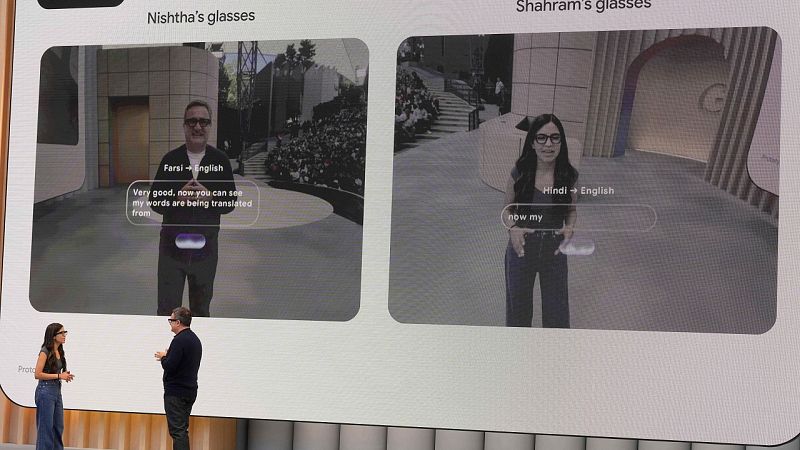
The European Commission is mulling giving companies who sign a Code of Practice on general-purpose AI (GPAI) a grace period before they need to comply with the EU's AI Act, sources familiar with the issue have told Euronews.
The Code, a voluntary set of rules, aims to help providers of AI models, such as ChatGPT and Gemini, comply with the EU’s AI Act.
The final version of the Code was set to come out in May but has been delayed. The Commission has said it will come before the AI Act proper applies: one source told Euronews 10 July has been pencilled in as a possible publication date.
The Commission organised a workshop today in an effort to convince companies to sign the Code, as Euronews reported last week.
The workshop, organised by the Commission’s AI Office, will discuss the most recent draft of the Code, as well as the benefits of signing it, according to the internal document.
In recent weeks companies have asked for some extra time to comply with the AI Act as the Code will be published weeks before the rules will start to apply on 2 August.
For example, in a meeting on 27 June with a cabinet member of EU Technology Commissioner Henna Virkkunen, Google representatives asked about possible grace periods for compliance with the Code as well as the AI Office’s guidelines “given that they will be published only days ahead of their applicability.”
In September 2024, the Commission appointed thirteen experts to draft the rules, using plenary sessions and workshops to gather feedback. The process has been criticised throughout, by tech giants as well as publishers and rights-holders concerned that the rules violate the EU’s Copyright laws.
Following the adoption, the EU executive can decide to formalise the Code through an implementing act.
The AI Act – which regulates AI tools according to the risks they pose to society – entered into force gradually last year, however, some provisions will only apply in 2027.
The European Commission has been contacted for comment.







